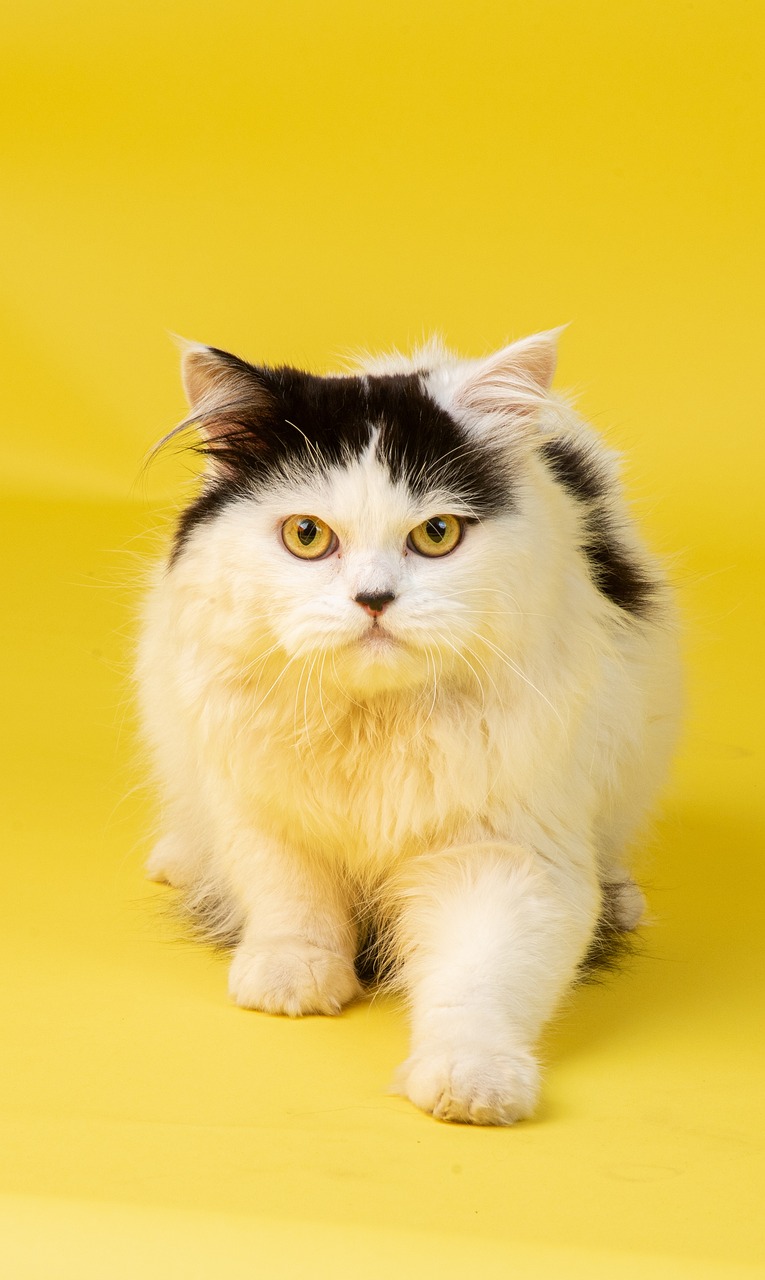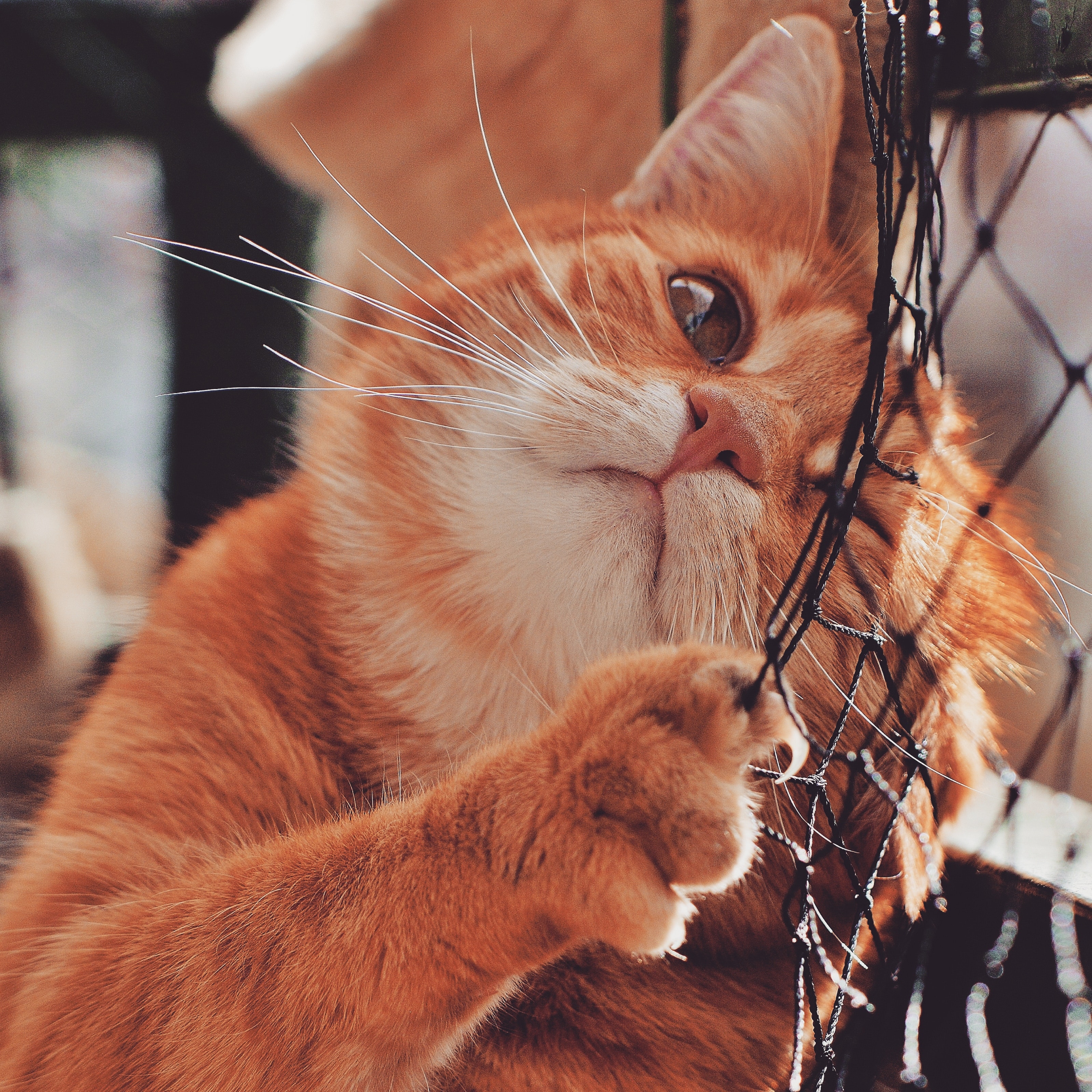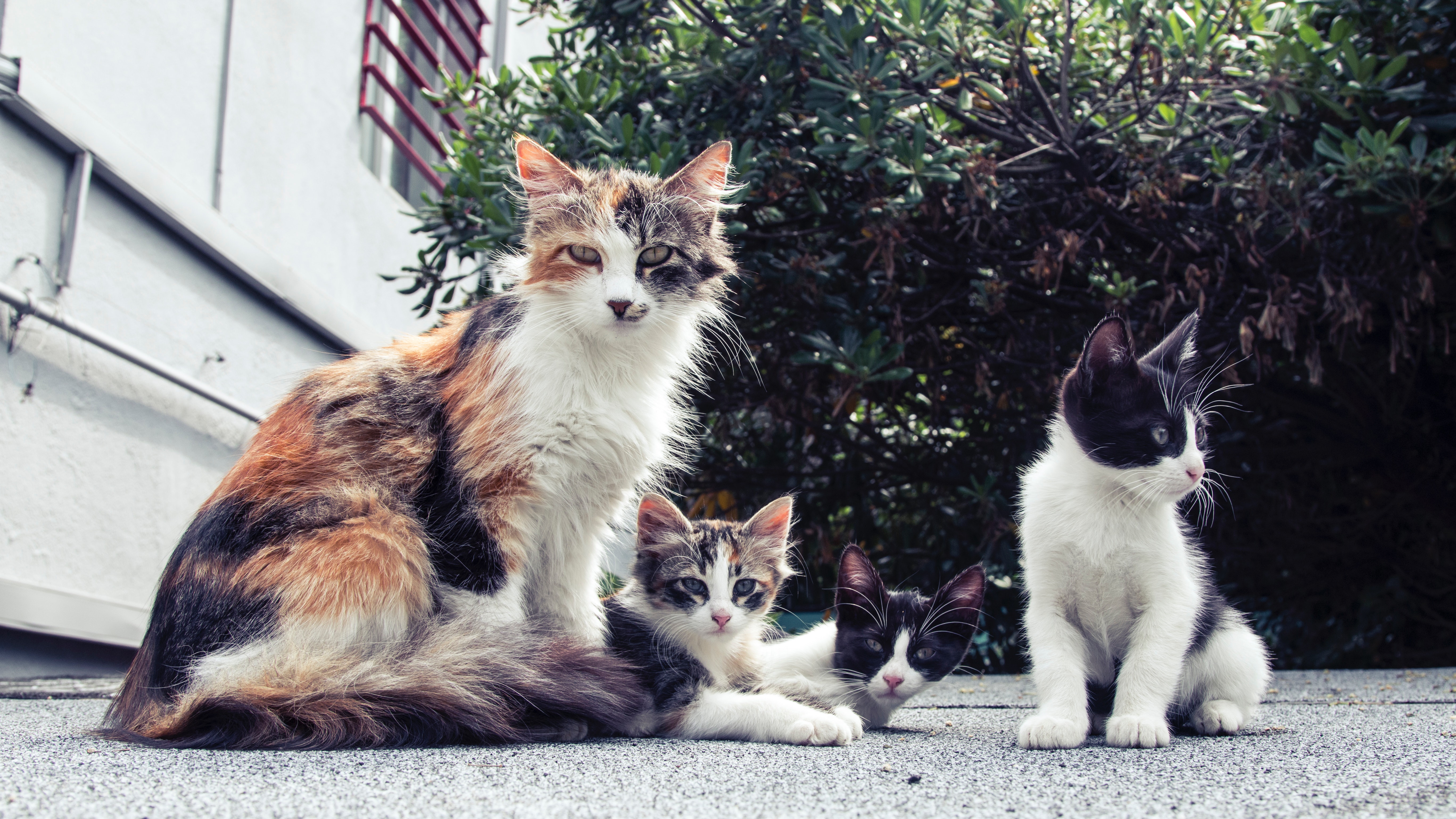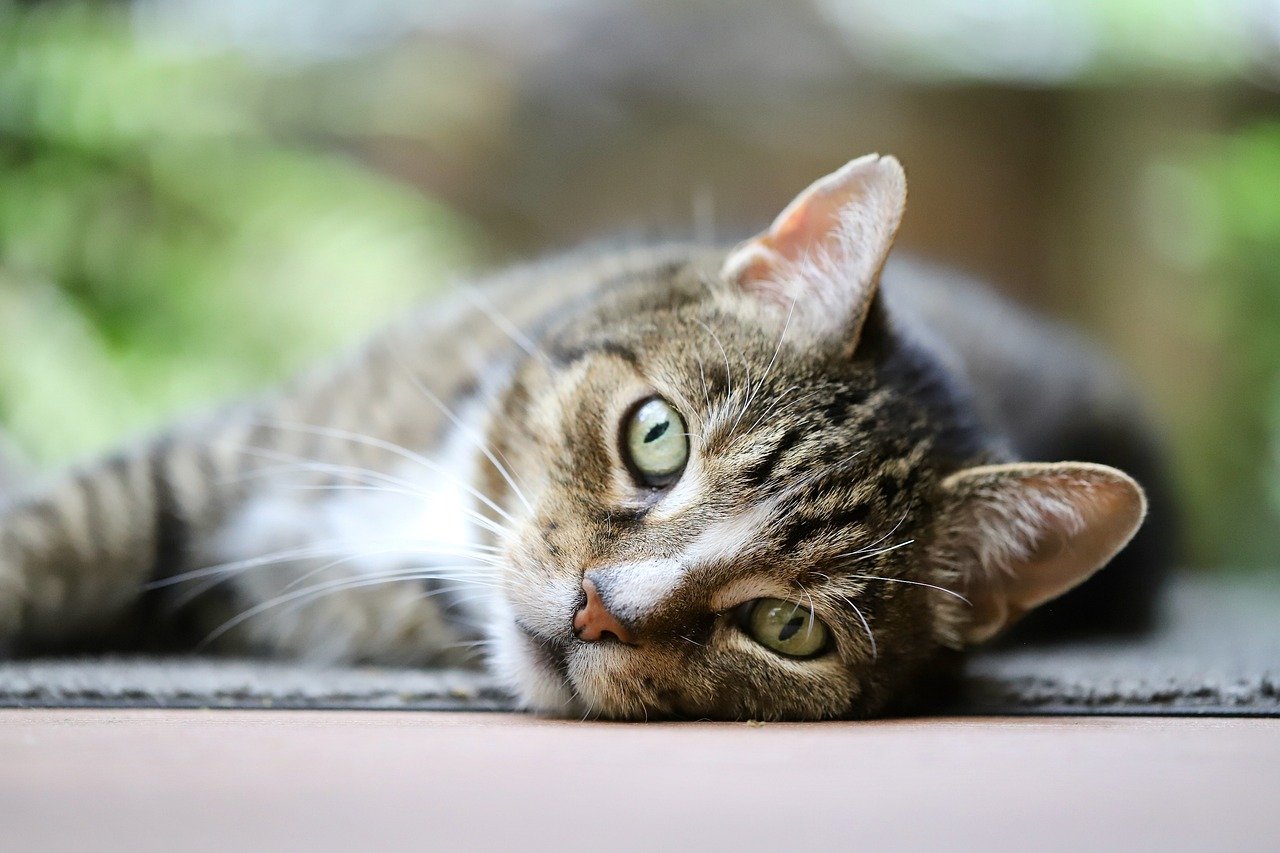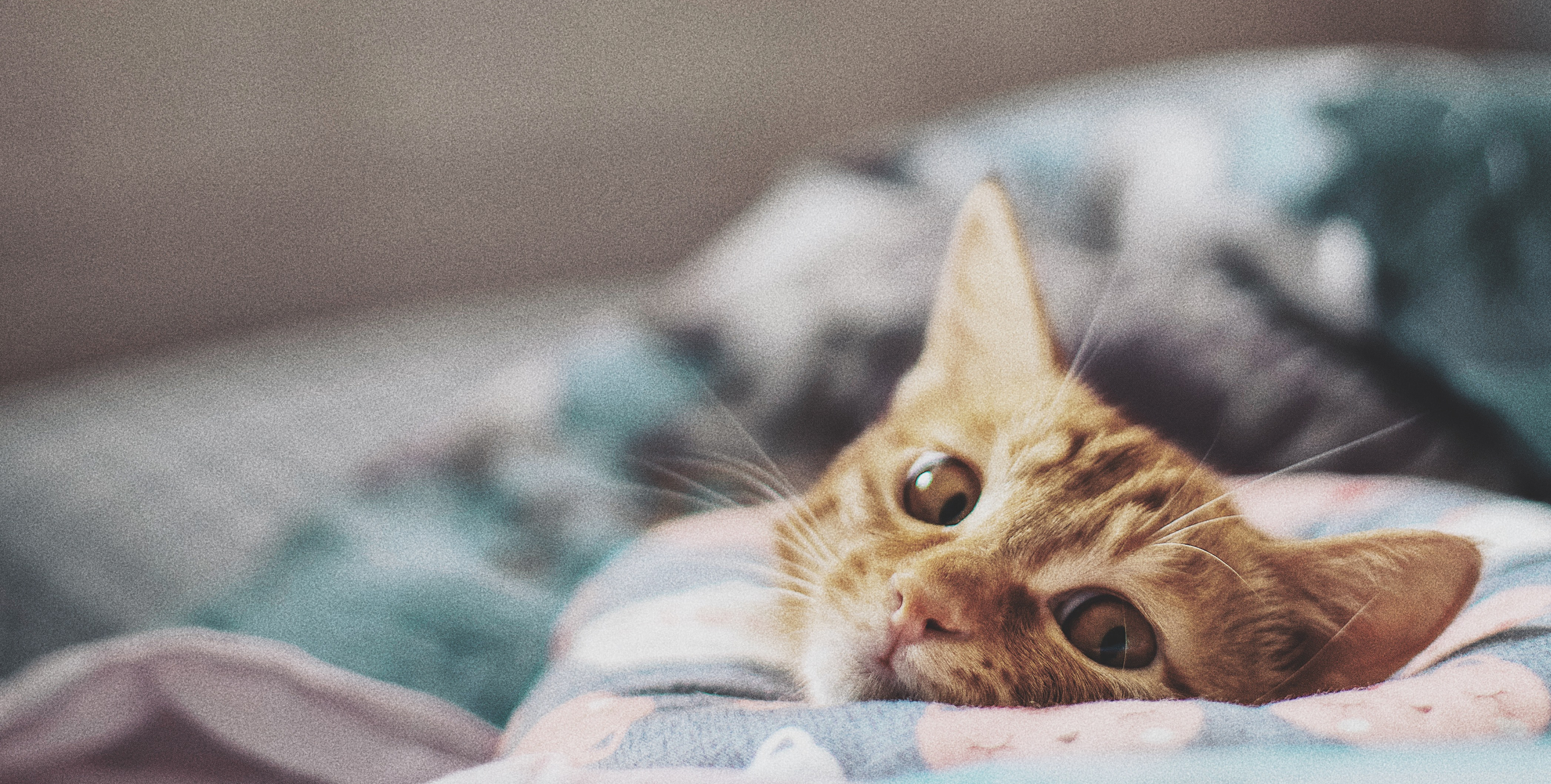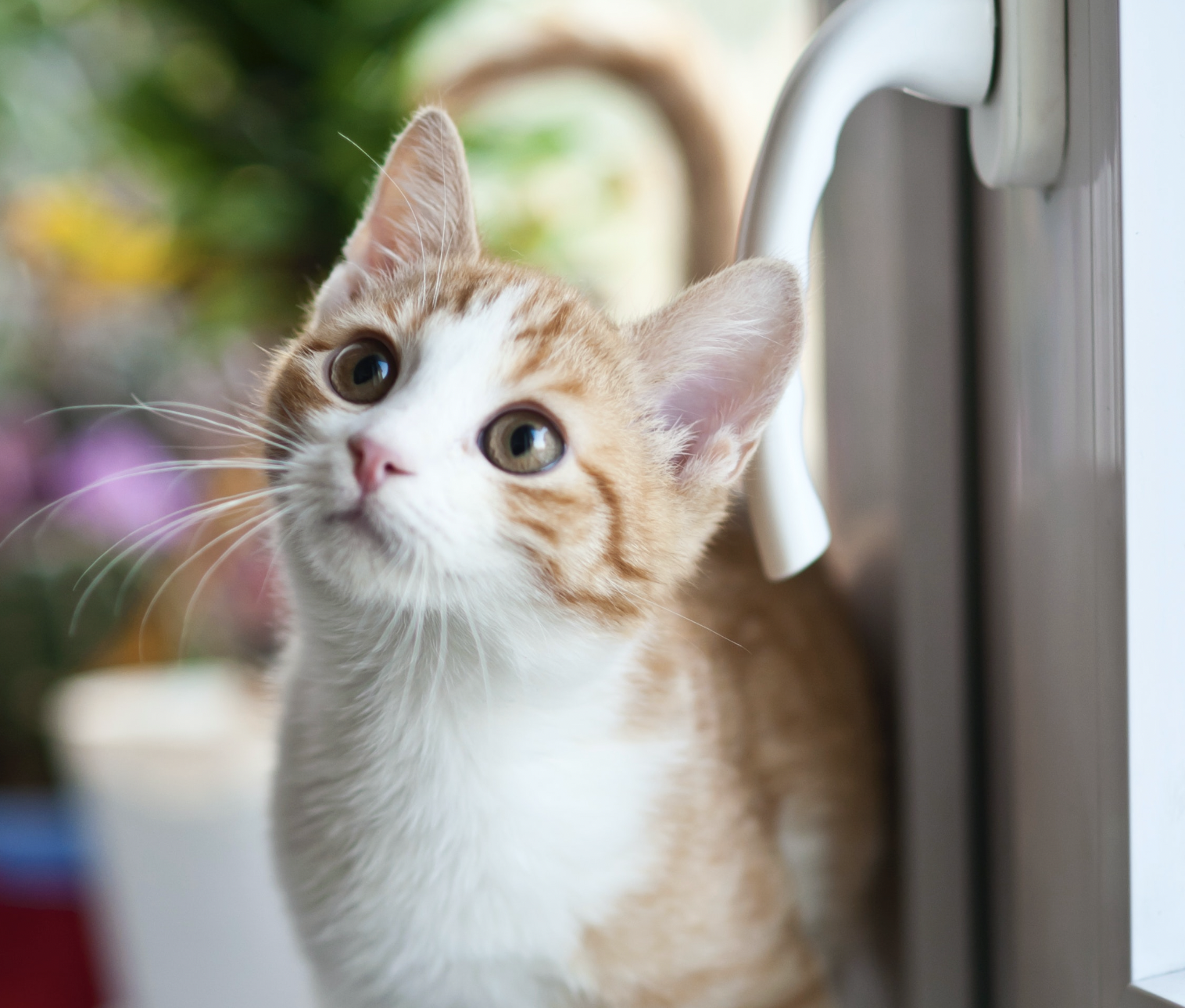- Question 1. Why do cats meow?
- Question 2. Why is my cat vomiting?
- Question 3. Why isn't my cat using the litter box?
- Question 4. Why is my cat's eye watery?
- Question 5. My cat has a big bump. What is it?
- Question 6. Why do cats knead?
- Question 7. Why is my cat sneezing?
- Question 8. How can I get my cat to lose weight?
- Question 9. Why is my cat scratching so much?
- Question 10. What vaccinations do kittens need?
As veterinarians, we receive numerous questions from cat owners on a wide range of topics, including behavior and diet. Here are answers to the top 10 most frequently asked questions about cats:
Question 1. Why do cats meow?
Most experts believe that cats meow as a way to seek attention. Kittens meow to their mothers for food and affection, and this behavior often continues into adulthood when cats need something from their human companions, such as food or companionship.
Question 2. Why is my cat vomiting?
Vomiting in cats can be a symptom of various diseases. It can also occur when cats need to bring up hairballs, which are a result of their grooming habits. When determining the cause of vomiting, veterinarians consider both acute (lasting less than 7 days) and chronic (recurring) vomiting. Causes can include ingestion of irritating substances, gastrointestinal foreign bodies, toxins, infections, organ failure, pancreatitis, food allergies, inflammatory bowel disease, hyperthyroidism, and cancer.
Question 3. Why isn't my cat using the litter box?
The primary reason adult cats are surrendered at shelters is their failure to use the litter box. Contrary to popular belief, this behavior is usually due to a medical issue rather than spite. Cats may avoid the litter box if they experience pain while using it. Conditions like Feline Lower Urinary Tract Disease (FLUTD), which causes pain, bloody urine, and increased frequency of urination, are common culprits. Stress and lack of environmental enrichment can also contribute to litter box issues.
Question 4. Why is my cat's eye watery?
Respiratory diseases, often caused by viruses like feline herpes, can lead to eye irritation in cats, resulting in excessive tearing and partially closed eyelids. In most cases, these infections resolve on their own. However, if the eye discharge becomes yellow or green, it may indicate a more serious problem, such as a bacterial infection or corneal ulcer. Prompt veterinary care is recommended in such cases.
Question 5. My cat has a big bump. What is it?
Large, squishy bumps on cats, especially those that go outdoors and engage in rough play with other cats, are often subcutaneous abscesses. These abscesses form when a cat is bitten, allowing bacteria to cause infection under the skin. Veterinary care is necessary to lance and drain the abscess, provide pain relief, and administer antibiotics. If the bump is not an abscess, it could be a foreign body or tumor, requiring further diagnostic tests.
Question 6. Why do cats knead?
Cats knead because it feels good and is a behavior they learned as kittens. They would knead their mother's mammary glands to encourage milk flow. As adults, they may continue this behavior when they are content and relaxed.
Question 7. Why is my cat sneezing?
Sneezing is a common sign of viral respiratory infections in cats, often caused by viruses like feline herpes or calicivirus. These infections are prevalent in crowded environments, such as cat shelters. Most cats recover with supportive care, and maintaining a clear nasal passage and providing a humidified environment can help. Appetizing food can also encourage eating when the sense of smell is impaired.
Question 8. How can I get my cat to lose weight?
Helping a cat lose weight can be challenging, as they require a specialized approach. Increasing the proportion of protein in their diet, using weight loss-specific foods, and providing more playtime and activity can stimulate metabolism and aid in weight loss. However, rapid weight loss through severe calorie restriction is dangerous and should be avoided. Consult your veterinarian for a proper weight loss program.
Question 9. Why is my cat scratching so much?
Scratching is a commonly asked question, and the answer can vary. First, it's essential to rule out flea infestation, which is a quick and inexpensive treatment. Other possibilities include exposure to diseases like mange or ringworm, which can be diagnosed through specific tests. If no fleas, mites, or ringworm are found, allergies are often the cause. Identifying and addressing the specific allergen, whether it's a food ingredient or an environmental factor, may require dietary changes or medications.
Question 10. What vaccinations do kittens need?
All kittens should receive the FVRCP vaccine, which protects against Feline Viral Rhinotracheitis, Calicivirus, and Panleukopenia. This vaccine guards against upper respiratory signs in cats. Kittens usually require a series of three vaccinations, given at 8, 12, and 16 weeks of age. Rabies vaccination is also essential, typically administered at 16 weeks. Depending on the living environment, vaccination against feline leukemia may be recommended for outdoor cats to prevent a serious and contagious viral disease. Indoor cats have minimal risk of contracting feline leukemia, so this vaccine is not usually administered.
Please note that these answers provide general information, and it's always recommended to consult with a veterinarian for personalized advice and care for your cat.


